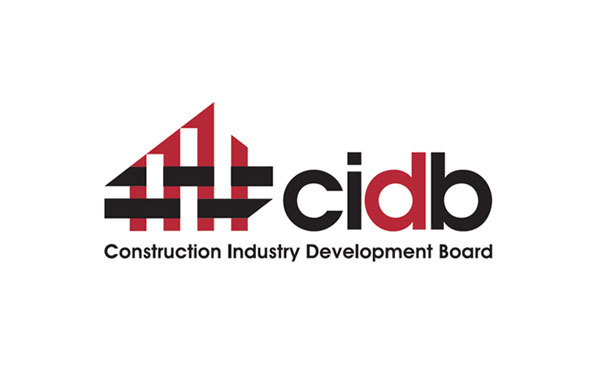

Public Works Minister Thulas Nxesi will prioritise dealing with late payment to contractors and kickstart a process to draft payment legislation as a first priority for the construction industry. At the CIDB’s National Stakeholder Forum on Friday Nxesi also discussed improving the criteria for grading contractors on the Construction Industry Development Board (CIDB) register of contractors, as well as other issues contractors are currently facing.
The register of contractors is established to manage risk on behalf of public-sector clients when procuring services from private-sector contractors, by categorising and grading them according to their capability to carry out construction projects.
There are more than 100 000 contractors on the CIDB register. Nxesi, CIDB chairperson Nonkululelo Sindane and CIDB acting CEO Ebrahim Moola agreed that the criteria needed to be tightened and that more criteria should be added. Nxesi suggested that CIDB establish regional committees with private-sector industry representatives and government officials to monitor business practices around construction sites at an on-the-ground level.
On government’s part, Nxesi said the Department of Public Works would prioritise funds towards upgrading and maintaining public-sector buildings and facilities, since most government buildings are aged and often neglected in terms of maintenance. He added that government is more attentive to pricing when awarding contracts for infrastructure. He said procurement officials are aware that “the contractor with the cheapest tender is not necessarily the one which will be able to complete the job”.
Contractors have also taken advantage of government, claiming unreasonably high amounts of money, and Nxesi assured the public and stakeholders that the department is zeroing in on pricing and understanding where government money is going.
Meanwhile, Sindane said the operations of the CIDB needed to become more streamlined to ensure efficiency, since it reached less than 40% of its performance targets for 2017/18 and, therefore, a new board of only 30 members was appointed effective January this year. The CIDB is also in the process of recruiting a permanent CEO.
The criteria improvement on the register of contractors will include downgrading – to address the practice of higher grades tendering and winning projects for work at lower grades, while lower-graded contractors cannot tender for work at the higher grades.
CIDB will also tighten up regulations related to contractors providing documentation that is not in the name of the applicant contractors, for example, where a company has changed form or has been restructured.
The CIDB will consider introduction of Grade 1 entry requirements for contractors, since anyonecan currently register as an entry-level contactor. The organisation will also assess mandatory registration of subcontractors and JV requirements, while assessing registration categories for trade contractors. The CIDB has also noted concerns raised by contractors that corrupt contractors need to be deregistered and directors blacklisted, since it poses a major problem in the construction industry.
More news
- PART 2: CONCRETE IN THE DESIGN OF A UNIQUE LUXURY HOME IN GEORGE, SOUTH AFRICA
- PART 1: CONCRETE IN THE DESIGN OF A UNIQUE LUXURY HOME IN GEORGE, SOUTH AFRICA
- MVULE GARDENS, AFRICA’S LARGEST 3D-PRINTED AFFORDABLE HOUSING PROJECT
- PART 3: HARNESSING THE POTENTIAL OF HIGH SULPHUR FLY ASH IN CONCRETE PRODUCTION
- PART 2: HARNESSING THE POTENTIAL OF HIGH SULPHUR FLY ASH IN CONCRETE PRODUCTION





